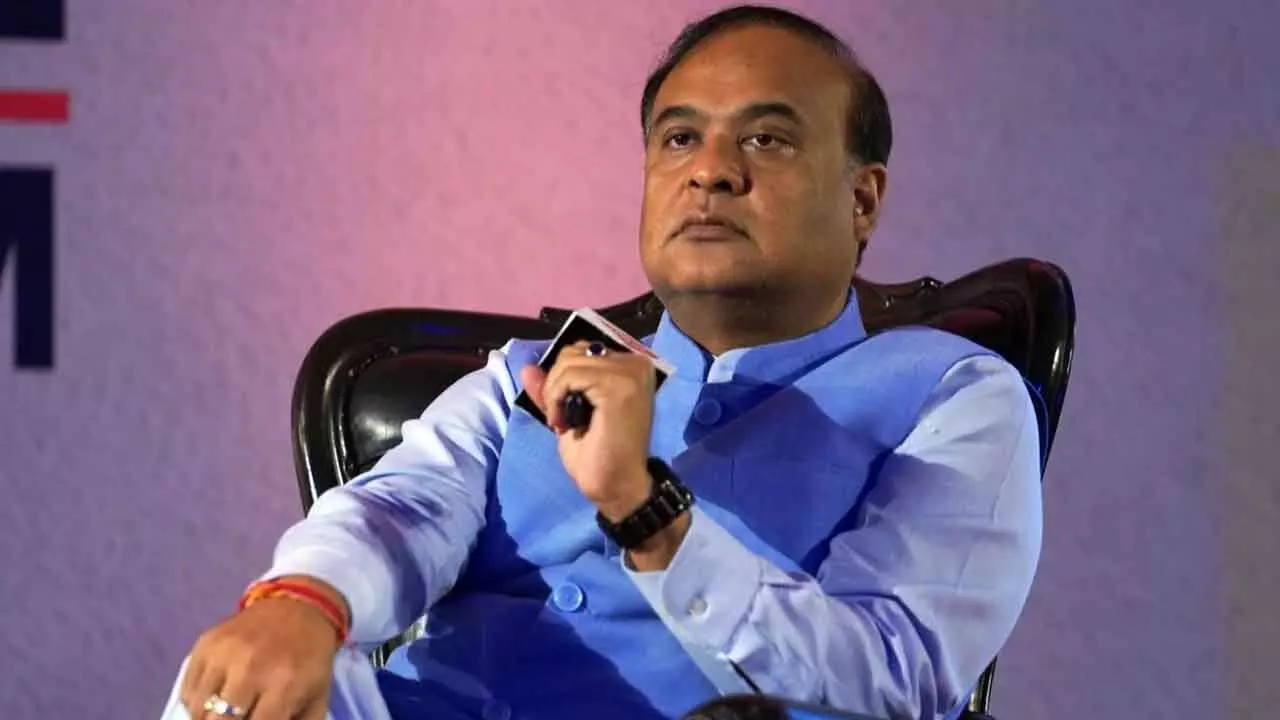Politicos should not whip up communal frenzy

Mixing religion and politics has of late become a potent tool in the hands of some politicians, who must be warned and restrained by their bosses. The Liberhan Commission, which had probed the Babri Masjid demolition (December 6, 1992), pointed out, “while it may be useful and indeed desirable to import certain aspects of ethics and morality into the political arena, the use of religion, caste or regionalism is a regressive and dangerous trend capable of alienating people and dividing them into small sections.”
Constitutionalism is a political philosophy that limits the power of the government and ensures that all people have equality, justice and liberty. Leaders must leave religion alone and step in only when it is misused by disgruntled elements.India is a secular country (42nd Constitution Amendment Act of 1976) and it has no state religion. Articles 14, 15, 16, 25-29, and 51 elaborate on what is secularism and citizens’ rights and duties thereof.
Of late BJP Chief Minister of Assam, HimantaBiswaSarma’s utterances have been causing pain, anguish and consternation among the countrymen for his remarks which may stir phobia about a certain religion. The Indian Constitution clearly ordains that the government shall not take sides among religions and shall respect them all, placing them on equal footing. To the contrary, right on the floor of the Assembly, Sarma recently vowed that he would “take sides, this is my ideology”. He attributed ill motives to a whole religion for a heinous crime of gangrape committed by some youth. “Miya Muslim people will insist on taking all of Assam. We will not let you take (state).”
A day later, aggrieved by his statement, several opposition leaders filed a police complaint accusing him of trying to “promote enmity between different groups on the grounds of religion and race”.All sensible and right-minded people in the country who heard or learnt of his words are left aghast. Here is a Chief Minister from the BJP, which swears ‘Sab kaSaat, Sab a Vikas’, making explosive comments that could exacerbate ethnic tensions. This in the wake of serious threats being issued to Bangla Muslims to leave the state. Instead of pitching for communal peace and amity, the CM, unwittingly or intentionally, served only to deepen communal faultlines. He cannot weaponise tensions between those Muslims who migrated to India after 1971 Bangladesh Liberation War and the locals. He even termed the demographic shift as a “matter of life and death.”His remarks certainly strike fear among the minorities, while it rakes up Islamophobia – dislike of or prejudice against Islam or Muslims, especially as a political force – among the majority community. Rollback of two-hour break for Friday Namaz will be viewed suspiciously.
The CM publicly feared Assam would become a Muslim-majority state by 2041. It is time the BJP high command spoke reason to its Chief Minister in a border state and ask him to stop making bizarre allegations. It shall remind him that nothing but the Constitution reigns supreme in this country and it behoves Sarma to practise constitutional morality, not communal and divisive politics. He must be reminded of what Narendra Modi asserted on becoming the Prime Minister for the third time: “Constitution is our guiding light…” It is ironical that Sarma, a member of Congress party which is now trying to shed its pro-Muslim image, should turn a rabid follower of majoritarianism – ruling by majority class or community – fiercer and more forceful than most leaders of his party. With bright chances of rising to national level, he must give up communal mind-set and perform the Constitutional duty of secularism.


